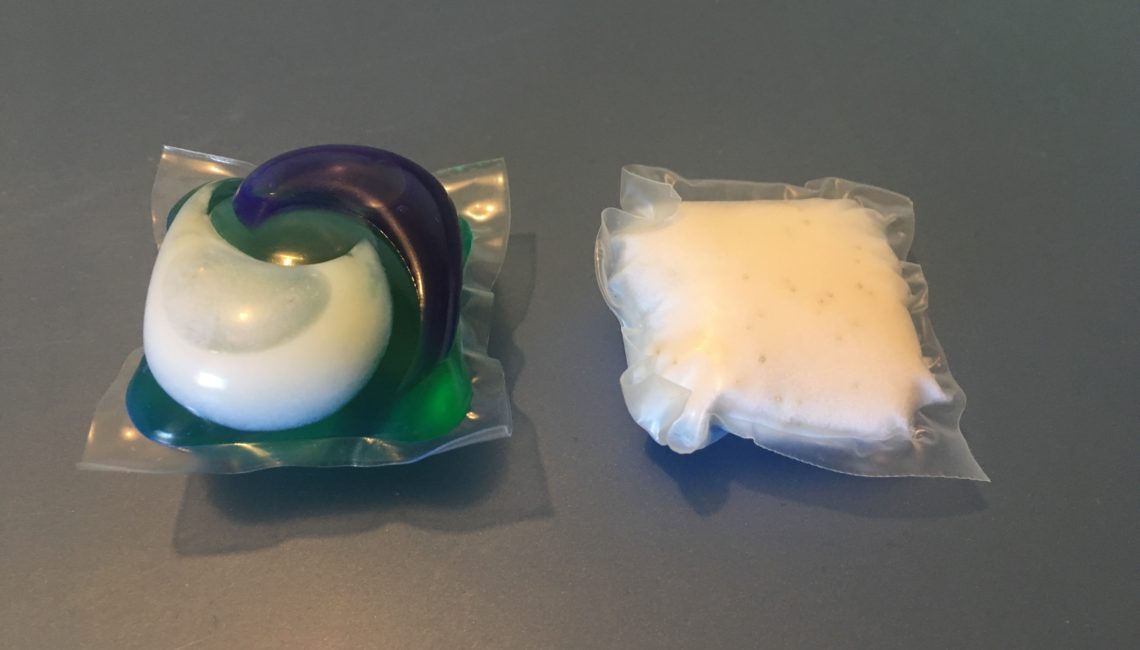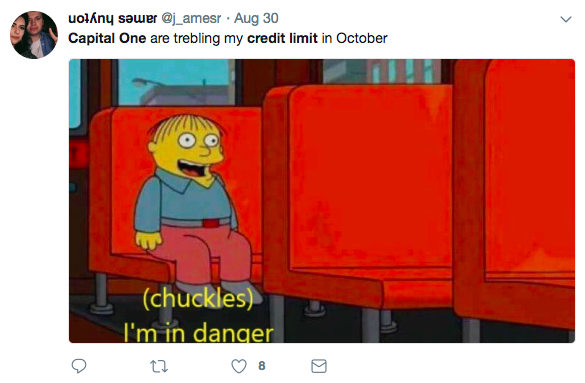While popular, Tide Pods are staggeringly dangerous for young children and people with disabilities. Proctor and Gamble launched the Tide Pods in 2012. In 2011, 2,862 children were hospitalized because of laundry-detergent related injuries. In 2013, that number was triple: 9,004 children were driven to hospitals by laundry detergent. The problem isn’t that Tide Pods are uniquely toxic, or contain chemicals never used before. The problem is that they’re cute. They’re colorful. And they’re small. It’s the good things about Tide Pods that we have to change to make them safer. What Tide Pods teach us about consumer product safety is that it’s not always the “bad parts” of…
-
-
Cryptocurrencies are pointless. You should pay attention to them anyway.
I have never been hyped up about Bitcoin, the “blockchain,” or cryptocurrencies. The basic premise behind Bitcoin is that it’s a currency you can send anywhere nearly instantly. The computing power of the millions of bitcoin “miners” is used to solve math problems which create a secure record of every Bitcoin transaction – that record of transactions is called the “ledger.” The miners get paid for keeping the system running by receiving a share of the small amount of new Bitcoins that are being continuously released. Anyone can see the code, and everything is “decentralized” — instead of a single central bank or government holding the power, lots of people participate…
-
“I’m not falling for your tricks” and other mixed reactions to credit limit increases
All it takes is a quick search on Twitter to see that credit limit increases drive incredibly strong and oftentimes mixed emotional reactions for Americans. To clarify, when I say ‘credit limit increase’ here, I’m talking about when a credit card issuer raises the limit of how much a customer is able to spend or borrow. In theory, having access to more credit — that you’re under no obligation to use — seems like it would be a strictly good thing. It’s there if you need it, and if you don’t use your higher credit limit, your credit score will typically go up (this article explains why). But clearly, many…


